Description
Description
The Sewage Treatment Plant Project is which utilises its membrane process for producing water suitable for re-use, which can be intended to provide low-cost cleanliness and ecological defence while providing extra profits from the recycling of water. We use the MBR technology for sewage treatment plant project, which is made of complex tissue hollow fibre, which has greater inoxidability. It has very strong erosion resilient constancy against numerous chemicals such as alkali, strong acid and oxidizer etc. The sludge concentration of MBR system wastewater treatment is high, which is numerous times of that in customary active sludge process, and its impact-resistant load ability is good. The product water quality is good can be re-used directly, it has low sludge production and lessen the expenditure of sludge removal.
The Sewage Treatment Plant Project uses aerobic biological treatment methods that require fewer chemicals compared to conventional technologies. It also meets the stringent purification standards. The plant uses non-conventional bacteria that consume wastewater and produce compact granules. The special microorganisms used in the treatment system do not develop in floc structures as in conventional methods, but form concentrated, compact granules.
Design parameter for typical sewage treatment:
| Items | PH | COD (mg/L) | BOD (mg/L) |
NH3-N (mg/L) |
TP (mg/L) |
TSS (mg/L) |
Turbidity |
| Influent | 6-9 | 500 | 200 | 30 | 3 | 200 | — |
| Effluent | 6-9 | ≤25 | ≤5 | ≤5 | 0.5 | ≤5 | ≤2NTU |
Note: effluent quality satisfy Chinese national standards GB/T 18920-2002 and Class 1-A of GB/T
The MBR technology and its benefits:
It has a number of advantages over other wastewater technologies. MBRs delivers high-quality sewage, better biotreatment and have a small footmark.
Uncoupling hydraulic retention time (HRT) and solid retention time (SRT):
An important benefit of the MBR procedure is that the organic solids are totally reserved in the bioreactor. This means that the SRT in the bioreactor can be measured self-sufficiently from the HRT. This is unlike the CAS procedure where the flocculent entities that create the biomass have to be permitted to produce in the extent to the level where they can be established in the subordinate clarifier.
High-quality effluent:
The small hole size of the membrane means that the cured sewage is of very extraordinary clearness and meaningfully abridged pathogen absorption as associated to the CAS process.
Membrane bioreactor procedures deliver a considerably elucidated and clean sewage of extraordinary enough value to be cleared to subtle delivery bodies or to be domesticated for claims such as urban rinsing, efficacies or toilet reddening. It is also of superior for nourishing right away to a reverse osmosis process. <br/>

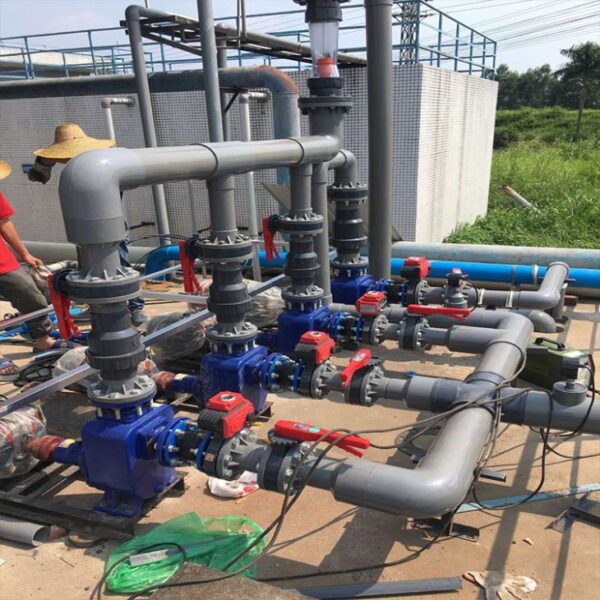
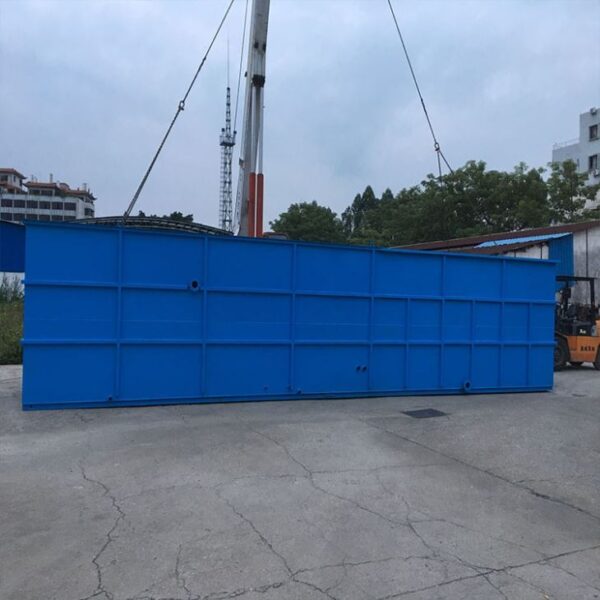
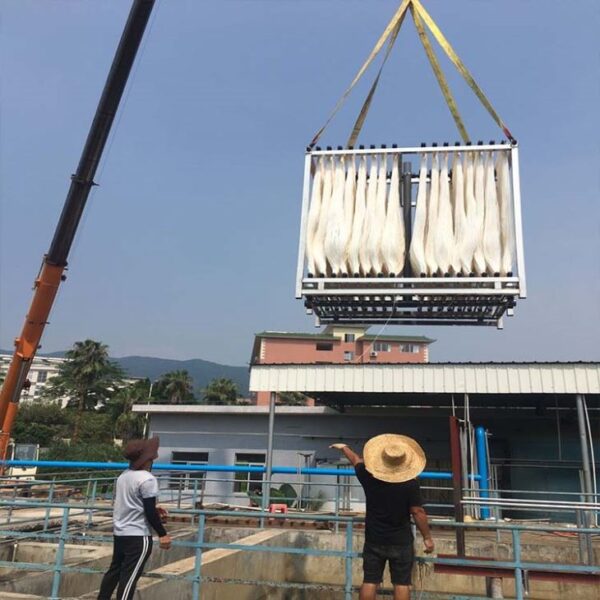


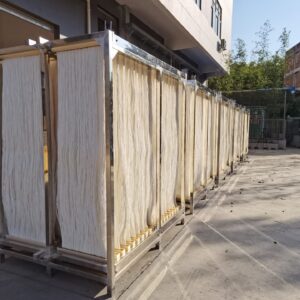
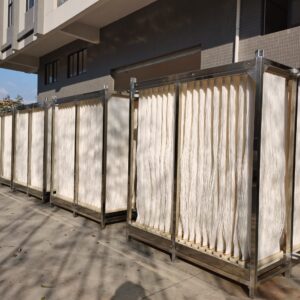
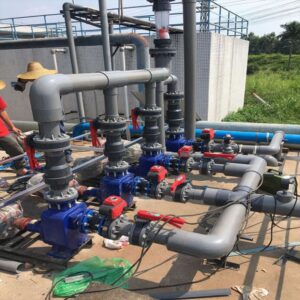
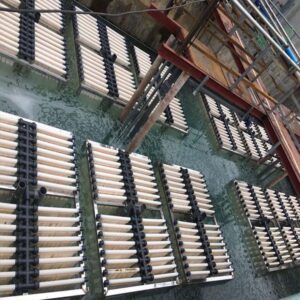

Reviews
There are no reviews yet.